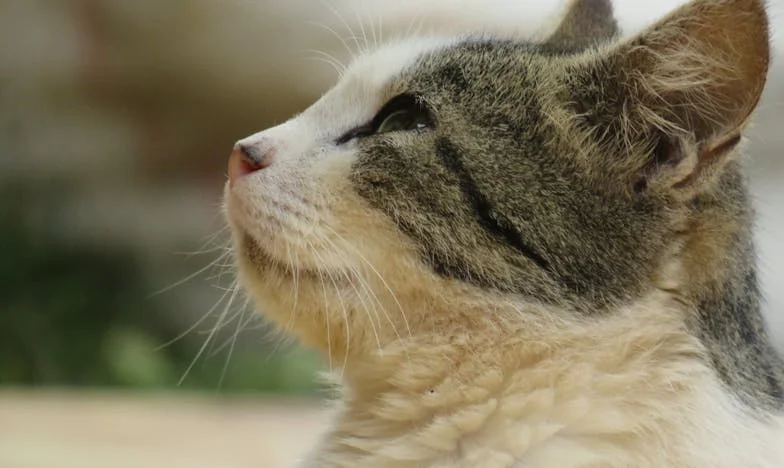When Love Comes Late: My Turbulent Journey Into Marriage at 60
“Are you really moving him in here, Mom? After everything we’ve been through?” Ariana’s voice cracked through the kitchen, sharp as the knife she was using to chop carrots. The smell of chicken pot pie, her favorite, filled the air, but comfort was the last thing in the room.
That was the moment my second life began—not with a walk down the aisle, but with my daughter’s disbelief echoing off the linoleum. I was 60, a widow for almost a decade, and the loneliness had pressed in so tightly some nights, I’d hug a pillow and pretend it was someone’s hand.
Then I met Charles at the senior center’s book club. He was funny in a dry way, quoting Mark Twain, and never once looked at his phone during conversations. He listened to me, or at least I thought he did. When he asked me out, I felt like a teenager sneaking out past curfew. For the first time in years, I wore lipstick. I thought—no, I believed—I was getting a second chance.
But Ariana, my fiercely independent, only child, couldn’t see it. “You barely know him, Mom. What if he’s after your money? Or—God, what if he’s not who you think?”
We fought in whispers, then in shouts. She moved out, taking the dog with her. The house felt colder, and Charles’s laughter seemed to echo in the emptiness. I tried to convince myself I’d done the right thing. Charles moved in, bringing boxes and his favorite recliner, which clashed with everything in my living room. He watched the news at full volume, left wet towels on the bed, and brought his own brand of coffee—bitter, just like he liked it.
At first, I told myself these were just quirks. That’s what happens when two lives collide late—some rough edges, a few bruises. But soon, bigger issues surfaced. Charles insisted on splitting every bill, tracking every grocery receipt. It wasn’t about the money, really. It was the principle, he said. I was grateful, at first, to not be seen as a burden. But when he insisted on separate vacations—”I need my space, Nora, you understand”—a small, cold ache settled in my chest.
My friends, the ones who’d cheered me on, grew silent. “Maybe this is just how men are,” my neighbor Janet said, but her voice was edged with doubt.
Holidays became a battlefield. Ariana refused to come for Thanksgiving. “He sits in Dad’s chair. He pretends like he’s family. He’s not.”
Charles’s children visited once, and I cooked for hours, only to hear them whisper about “Dad’s new wife” and how I was “lucky to have him.” I never felt lucky. I felt invaded, like my life was being colonized by strangers who rearranged my kitchen drawers and left without saying goodbye.
One night, after another silent dinner, I tried to talk. “Charles, I feel like we’re not a team. That we’re just… coexisting.”
He looked up from his crossword. “Nora, at our age, isn’t that enough?”
I’d spent so many years longing for a hand to hold, I hadn’t realized I’d traded my peace for company. I missed Ariana. I missed my own rhythms—late-night TV, tea in bed, singing off-key while I cleaned. Now, everything was compromise. Everything was negotiation.
The final blow came when I got sick—a flu that wouldn’t leave. Charles, uncomfortable with hospitals, visited once, then left me to rest. Ariana came, sitting at my bedside, her face soft with concern.
“Mom, are you happy?” she asked, her hand gently brushing my hair.
I wanted to say yes. I wanted to justify the sacrifices, to prove to her—and to myself—that love at 60 was worth the gamble. But the words caught in my throat, stuck somewhere between pride and regret.
A few weeks later, I asked Charles to leave. There was no dramatic confrontation, just a quiet understanding. We’d both hoped for comfort, but found only friction. He packed up, left his bitter coffee behind, and with him, the sense of obligation that had pressed on my chest for months.
Ariana moved back in for a while, and we rebuilt, slowly. We talked about boundaries, about how grief and loneliness can drive people to make choices they don’t recognize in themselves. I still believe in second chances, but now I know they don’t always come wrapped in a fairy tale ending.
Sometimes, the bravest thing you can do is admit you made a mistake, even at 60. I wonder, is it better to be alone and at peace, or together and unsettled? Would you have made the same choices I did?
